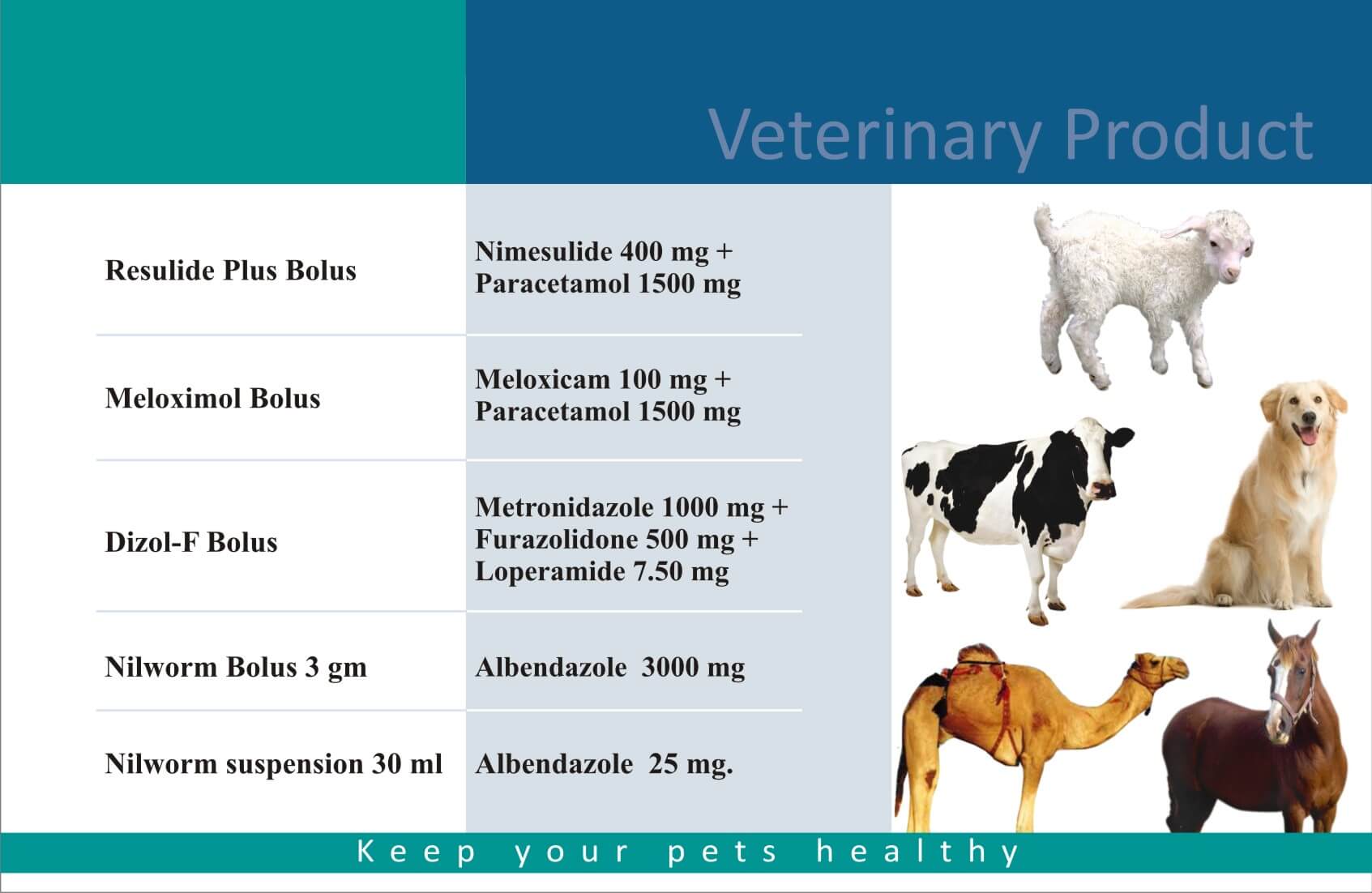How Veterinary Diagnostics Safeguard Pet Health
How Veterinary Diagnostics Safeguard Pet Health
Blog Article
Maintaining your pet’s well-being is essential for their happiness. Veterinary laboratories provide essential diagnostic support for companion animals.
In this guide, we’ll examine how veterinary labs work, their key services, and why these labs are invaluable for your pets’ health.
Understanding the Role of Veterinary Testing Centers
Diagnostic services for pets offer testing for medical concerns in household pets. They are critical for animal doctors to monitor health conditions.

How tests are conducted often includes:
- Animal sample gathering: Vital specimens are gathered for analysis.
- Sample examination: Sophisticated machines examine the specimens.
- Results interpretation: The lab shares diagnostic findings to the veterinarian for further action.
Common Veterinary Tests for Pets
Animal health services provide numerous testing options to detect potential problems. Frequently conducted exams include:
- Blood work: Identify infections.
- Kidney function tests: Identify urinary tract infections.
- Intestinal health tests: Spot signs of infections.
- Allergy screenings: Identify environmental triggers.
- Diagnostic imaging: Check for fractures.
análises clínicas veterinária
laboratorio veterinario
Why Regular Testing is Important for Your Pets
Ongoing health monitoring plays a key role in preventing serious illnesses. Spotting problems quickly allows for better outcomes.

The main advantages include:
- Proactive care: Early interventions for your pet’s needs.
- Reduced worries about pet wellness: Regular testing ensures clarity.
- Lower medical bills: Early detection reduces long-term expenses.
Why Veterinary Testing is Essential for Cats and Dogs
Incorporating lab testing for household animals gives them the care they deserve. Pet testing facilities offer critical support to ensure optimal health.
Prioritize your pet’s next health checkup to keep them happy and thriving!
Report this page